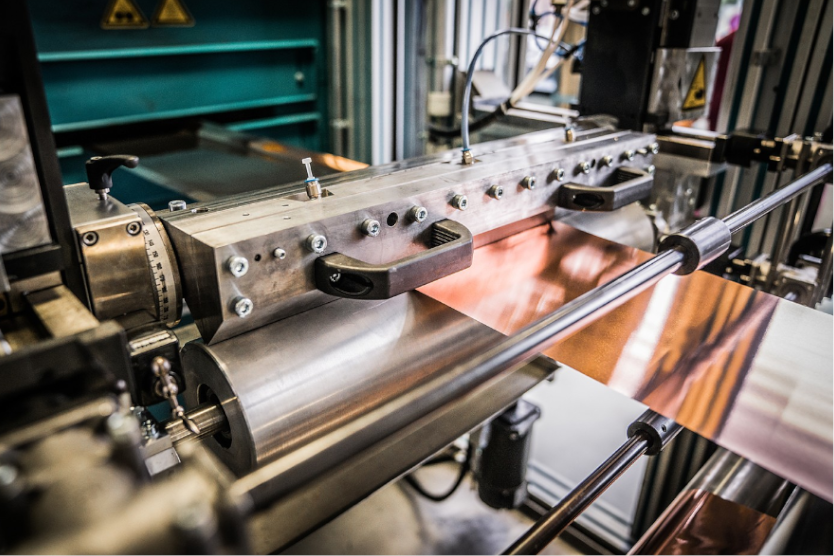
As the need for sustainable energy storage solutions is growing, the German Research Foundation engages in research project to develop a market-oriented Carnot battery for storing electricity surpluses produced by renewables.
© Studio Wiegel
The need for sustainable energy storage solutions is growing ever more critical, as Germany ramps up its share of renewables including wind, solar and hydropower. The Carnot battery is based on the long-established principle of storing heat in liquid, water or molten salts, which is then turned back into electricity when required, typically using steam turbines. The big question for scientists now is how to market the technology and in what physical form?
This is the starting point for a new priority programme (SPP 2403) funded by the German Research Foundation (DFG) entitled Carnot Batteries: Inverse Design from Market to Molecule. Under the scientific leadership of the University of Duisburg-Essen (UDE), the team is taking a unique ‘top-down’ approach to developing the energy storage technology: it will start with market requirements and work backwards towards the optimal design of the batteries down to a molecular level.
"Together with economists, we analyse what is actually needed and look for the physical-technical possibilities and limits," says Professor Burak Atakan, head of the Thermodynamics department at the UDE Institute of Combustion and Gas Dynamics, in a press release. "Then we go into more and more detail in steps, determine the best possible mode of operation, suitable circuits, suitable substances and their ideal combinations – in order to develop the optimal Carnot battery in the end."
The target goal is to find out whether storage efficiencies of over 70 percent and costs below 100 euro per kWh can actually be achieved with the prototype system. Clearly, there are risks involved in developing a technology ‘back-to-front’, but the scientists hope their methodology will break new ground.
Beginning in 2023, the DFG will fund SPP 2403 with approximately 2.5 million euro a year.


